
Special Considerations for Storing Baby Foods
If you have a baby in the house, it is important to consider what baby will need in an emergency. As with many stored foods, the nutritive value of canned foods slightly decreases over time. For most people this is not a big problem, but for infants those vitamins and nutrients are more crucial. It is also more important to keep your foods fresh and safe for feeding to baby. Here are some points to consider when storing food for babies and toddlers:
Look ahead. Unless you want to have to update your baby's emergency food supply every couple of months, make sure to look ahead to the types of foods your baby will be eating for the next few months or year. For instance, if your baby is not currently eating solid foods but will be starting them in the next few months, you should store these foods. These include cereals, crackers, and jarred baby foods. You may choose to store enough of these foods to last you through your baby's first year. As your baby grows, you already have a lot of the baby food on hand and can replace your baby foods with other foods that baby will eat in the months ahead.
Store a variety. When looking ahead, you may not be able to predict if your baby will be allergic to various grains, fruits, or vegetables. Also, some babies are pickier than others and will not eat certain foods. For these reasons, it is important to store various types of grains, fruits, and vegetables for baby in your food storage in case you are not able to use one item.
Learn to make your own. Store-bought baby food is kind of expensive and can be difficult to purchase all at once for many. In addition, it is hard to guess exactly how much to store. For these reasons, you will probably want to supplement store-bought baby foods with homemade ones in times of emergency. Check back to the be prepared blog for a couple of articles about making baby food in emergency situations.
Store formula. Whether you breastfeed or not, it is important to have some formula on hand, just in case. Formula is the most important item to store for an infant, since if you have some stored food on hand you will probably be able to make your own baby foods if necessary. If these other foods are lacking in nutrition, at least baby will have a healthy, nutrient-rich bottle to drink. Breastfeeding moms may want formula on hand to thin homemade baby foods, or in case of an emergency when mom cannot nurse her baby. Check out these handy Enfamil Nursette bottles that come ready to use, in 3 oz. or 6 oz. bottles. These are great options for long-term food storage, or 72-hour emergency kits.
LDS Food Storage in the news:
Planning for your Baby's Needs During an Emergency
by Miriam Caldwell
If you have a baby in your family or are expecting one soon, you will need to make sure that you include their special needs in your emergency plans. The food and formula, which a baby requires, may be difficult to find in a shelter. They may not be included on the first relief trucks and so you will want to make sure that you have plenty of these supplies available to you.
You will want to provide for the feeding needs of your infant. If your baby is breastfed, then you will not have as much to worry about. It is still a good idea to have formula stored for your baby just in case something happens to you, and you are not able to breastfeed for any reason. If you are storing formula you may want to store formula that is ready to be consumed straight from the can. This will allow you to stretch the water supply that you have stored for your family. It will also add to the ease of caring for your child. If you do this you will want to purchase the single serving cans of ready-made formula because you may not have a means of refrigeration available to you. Be sure that you include several bottles and nipples. This is a time when the liner bottles are especially nice to use.
Sponsors (article continues below)
If your baby has started on baby food you will want to include the type and stage of food that your baby is eating. My children both switched to table food at nine months old. They just refused to eat baby food at this age. If you child is eating table food, you will want to include table food that they can eat. My children still didn't eat a large amount of meats, and had mostly fruits and vegetables until about a year. You may want to include the snacks that your baby is used to, such as biter biscuits or certain crackers and cookies.
You will want to make sure that you include a good supply of diapers and wipes in your emergency supplies. If you are unsure of the size which you will need at time you can stock size three or just make sure you always have an extra pack or two at home. Size three can be made to fit most babies and toddlers. I have seen mothers barely fit a size three onto size five babies in times of emergency. The diapers have still been able to complete the job.
You will also want to include any medication that your baby might need. These include infant Motrin and infant Tylenol. If you use gas drops on a regular basis, you will want to include these as well. You will need to make sure that you rotate these out so they do not expire.
If you have properly prepared for your baby, it should make the emergency that much easier to deal with. It should be fairly simple to gather these supplies and put them in an emergency diaper bag that will be ready to go at a moment's notice.















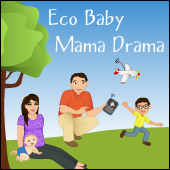



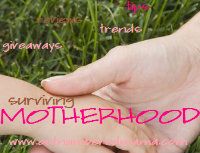











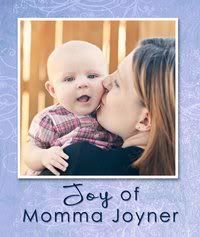















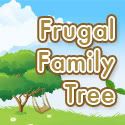







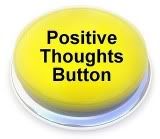

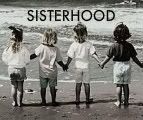




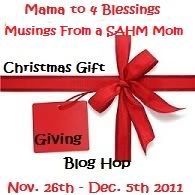








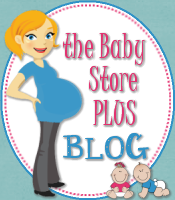


















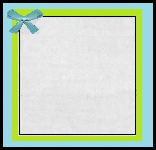






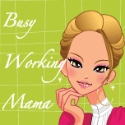



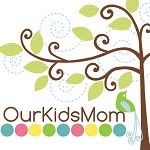















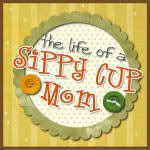


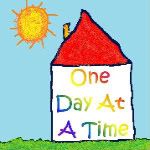









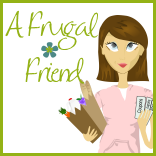










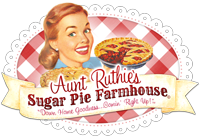

0 comments:
Post a Comment